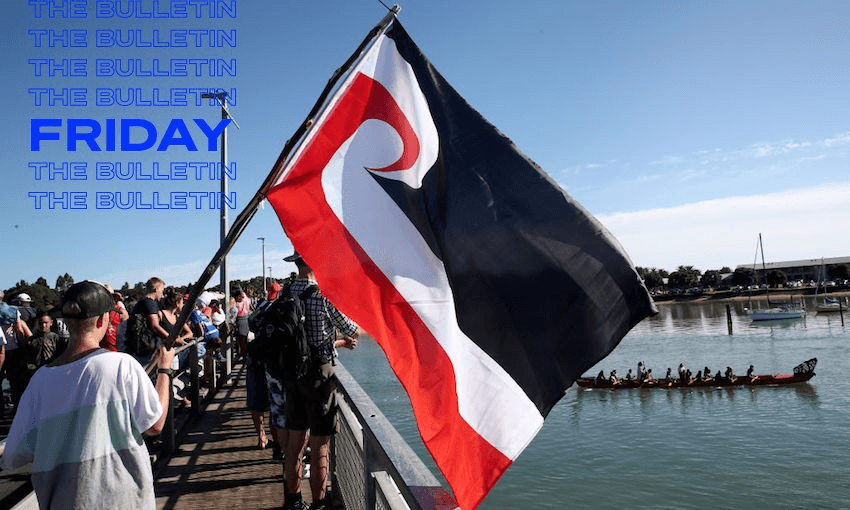To mark the death of Moana Jackson we look at the growing debate around co-governance in New Zealand, Justin Giovannetti writes in The Bulletin.
A leading voice on Te Tiriti o Waitangi and Māori rights has died.
“E te whatukura, haere e koro, haere atu ra.” Marama Davidson told The Spinoff that she struggled to write her feelings in response to the news Moana Jackson died yesterday. A number of other New Zealanders shared their thoughts on the death of the esteemed lawyer and one of Aotearoa’s most prominent teachers. His work cut across the country, advancing Māori rights through education, law and academia. He helped draft the United Nations Declaration on the Rights of Indigenous Peoples, a document adopted by most of humanity that will continue to shake and redefine colonial states for generations to come. Te Ao Māori News reported on the fingerprints he’s left on modern New Zealand. His sister-in-law and urban Māori advocate Dame Temuranga June Batley-Jackson died on Monday.
‘Deep respect for the mana of all people.’
Among the voices writing about Jackson yesterday was Leonie Hayden. Here’s some of what she shared:
“When I woke up this morning I wondered why the tūī sang so loudly. I know now they were sharing the news that a great tōtara has fallen in Te Wao nui a Tāne. Moana taught me that gentleness and bravery belong together; that you can walk softly in the domain of Tūmatauenga. He taught me that a mind is a weapon, but that it must be kept sharp with compassion and a deep respect for the mana of all people.”
Co-governance between Māori and Crown is now solidly on the country’s political agenda.
Jo Moir writes for Newsroom that the debate over co-governance won’t go away before the next election. Act is now calling for a public referendum on the broad concept of shared decision-making, while the government is pushing forward with a number of shared programmes. They include a new Māori Health Authority, a shared model for three waters governance and more consultations on implementing the Undrip document that Jackson helped write. Cabinet is expected to weigh feedback later this month on how to implement a work programme for co-governance. Breaking with his predecessor’s Demand the Debate campaign, National leader Christopher Luxon told RNZ the time isn’t right for a referendum on co-governance.
Are we ‘brave and imaginative enough’ to solve this?
This can be a difficult debate and all the colonial states built on indigenous land will need to have it, sooner or later. New Zealand First has already stated a firm position that the talk is separatist. David Seymour spoke to The Hui about why he wants a referendum, warning that co-governance will end liberal democracy in Aotearoa. John Tamihere argues that the current system has failed Māori and is itself separatist. Writing in the NZ Herald (paywalled), Tamihere says that Māori want to be empowered to break from dependency on welfare.
However the final word, in this short story, goes to Moana Jackson. He spoke at Victoria University in 2018 about an aspect of co-governance. Jackson opened with the thought-provoking question of whether New Zealand was “brave and imaginative enough” to stop insisting on one law for all.


